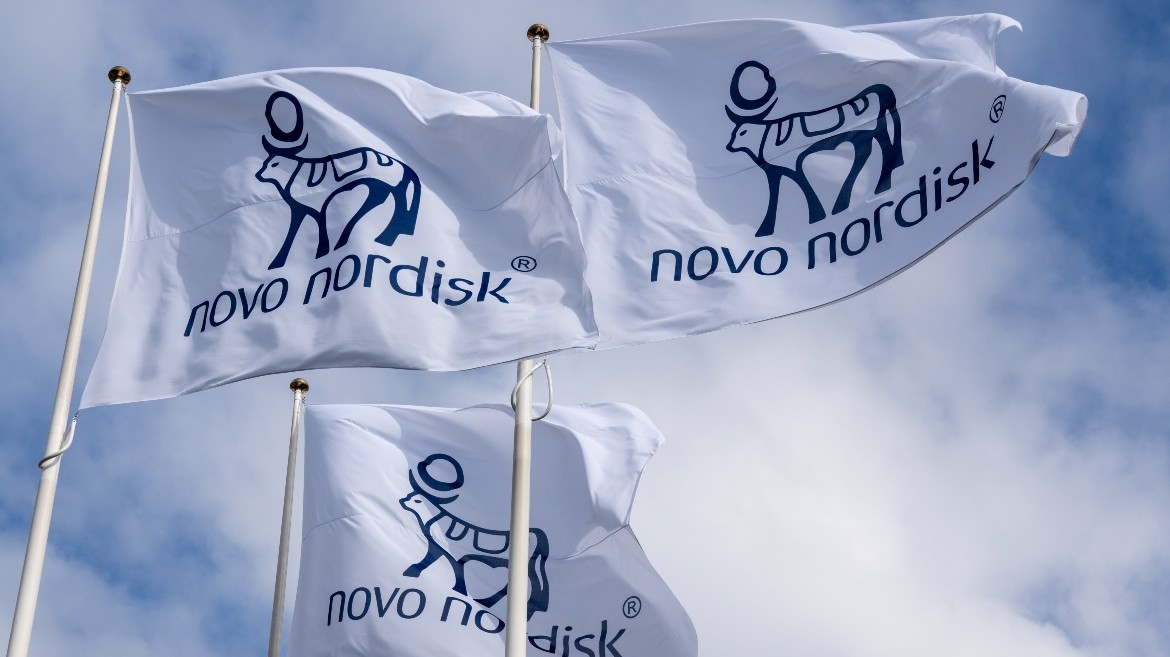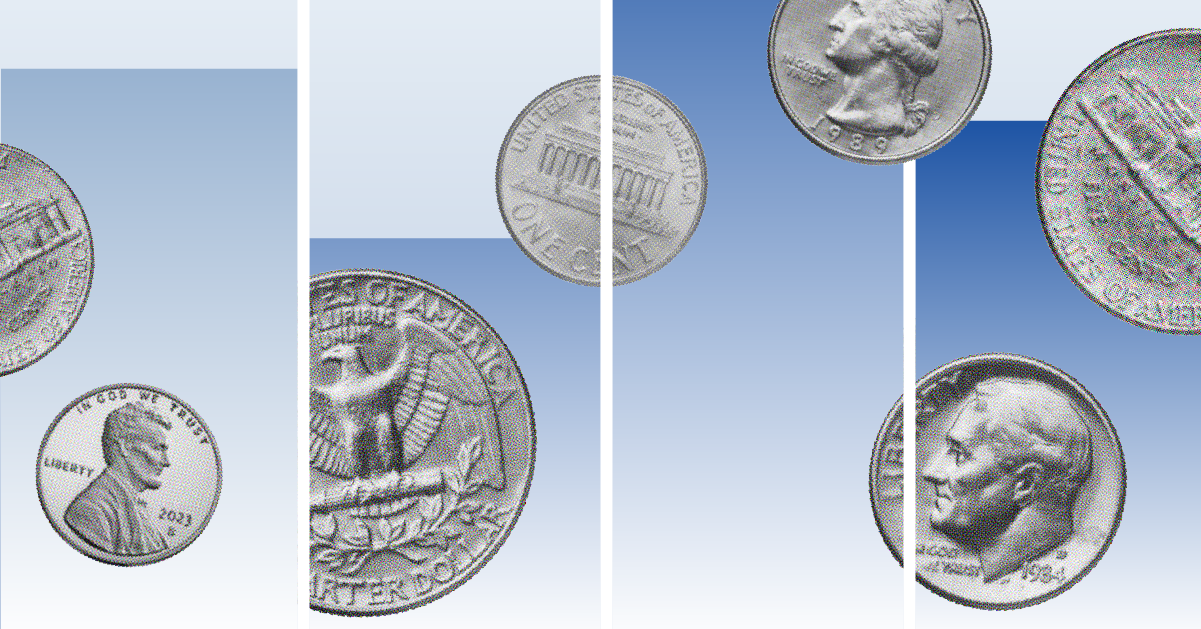
The 1987 film Wall Street was fiction, but the sentiment “Greed is good” was not. Bruised by stagflation from the previous decade, and by the belief that American corporate dominance was fading, several influential parties in the 1980s – Wall Street stock analysts, fund managers, and business-school professors – urged corporate CEOs to reform. No longer should CEOs have multiple goals. Ultimately, their task was to please but one party: the shareholders.
In other words, greed became good. By the new ethos, the stock market's heroes were those CEOs who worked tirelessly to increase their companies' share prices. They weren't primarily motivated by duty, or community spirit. Instead, they were driven by financial desire. Their motivation was beside the point, however. What mattered were the blessings that came from their actions. The new breed of CEOs transformed fat, inefficient firms into lean machines.
This tough-minded approach, went the argument, was for the best. Those workers who were axed so that companies could demonstrate their commitment to "cost controls" tended to view the matter differently, but the needs of the many must outweigh those of the few.
Often, the argument was framed in moral terms. The best CEOs, as Wall Street defined them, weren't heroes solely because they made money for stock owners and of course, for themselves. They were heroes because they made America better. In contrast, do-gooder CEOs who hesitated to make the hard decisions killed through their kindness. Nice guys finished last – and so, ultimately, did those who worked for them.
Last week, as Morningstar's Jon Hale reported, BlackRock CEO Larry Fink attacked the prevailing model. Fink is scarcely the first to dissent. Many prominent CEOs, including General Electric's Jack Welch, have complained that that the pendulum swung too far. However, Fink's comments carry more weight, because this particularly corporate boss oversees the world's largest money manager. No organisation has more power over CEOs than does BlackRock.
Companies Must Benefit Society
So, when Larry Fink speaks, CEOs listen. My guess is many are receptive to the message. As foreign sales currently account for more than 40% of S&P 500 revenues, the CEOs of large American firms have become accustomed to hearing arguments that are similar to BlackRock's.
Indeed, Fink's comments would seem fully aligned with, for example, German corporate governance, which has traditionally scored CEOs on their ability to satisfy multiple constituents, as opposed to the single group of shareholders:
"To prosper over time, every company must not only deliver financial performance, but also show how it makes a positive contribution to society. Companies must benefit all of their stakeholders, including shareholders, employees, customers, and the communities in which they operate," Fink said.
Should CEOs be graded solely for their ability to increase shareholder value, or for how they fare across an entire curriculum? The former is straightforward: measure the price of a stock when the CEO takes control, measure its price at future dates, and judge performance according to simple rules.
The latter is more complicated. Employee- and customer-satisfaction surveys leave off as much as they contain and gauging whether a company benefits its community is more difficult yet.
If BlackRock knows how it will be scoring CEOs, it is not showing its hand. Its published comments are vague, leading one to suspect that Fink's statement is aspirational rather than a reflection of how BlackRock now operates. Aside from some general language about environmental and social issues, the company's official comments don't openly conflict with the notion of maximising shareholder value.
John Rekenthaler has been researching the fund industry since 1988. He is a columnist for Morningstar.com. While Morningstar typically agrees with the views of the Rekenthaler Report, his views are his own.












:quality(80)/cloudfront-us-east-1.images.arcpublishing.com/morningstar/6BCTH5O2DVGYHBA4UDPCFNXA7M.png)
















